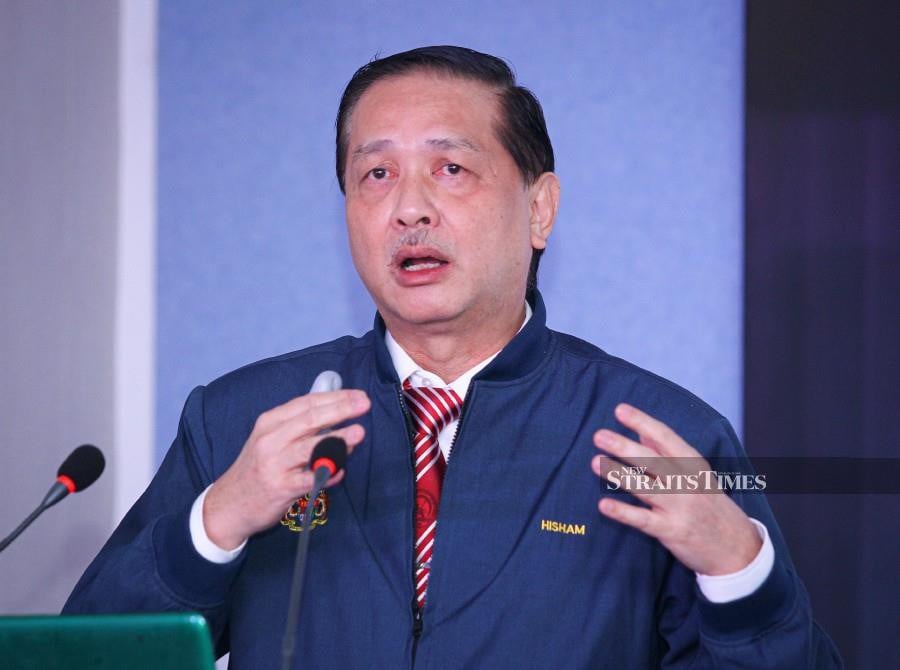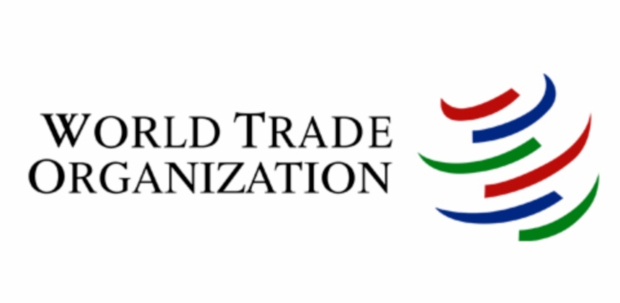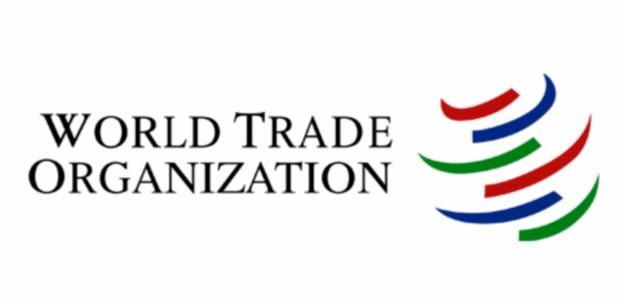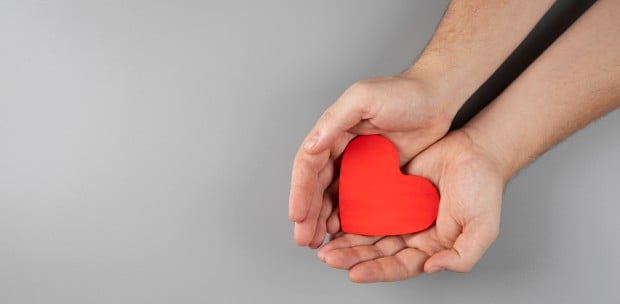KUALA LUMPUR: Any claim of the sale and purchase of human organs in Malaysia must be taken seriously as it violates medical ethics and exploits vulnerable groups, said Health Director-General Tan Sri Dr Noor Hisham Abdullah.
He stressed that if there is human trafficking for the purpose of marketing human organs, it must be investigated under the Anti-Trafficking in Persons and Anti-Smuggling of Migrants Act 2007.
"The authorities can take action against any party or individual using existing provisions under the Anti-Trafficking in Persons and Anti-Smuggling of Migrants Act 2007, if they are found to be involved in trafficking persons for the purpose of illegal organ removal," he said in a statement today.
Dr Noor Hisham said organ donation and transplant services in Malaysia are regulated by the Human Tissues Act 1974 and involve organ donation from living or cadaveric donors, while recipients are patients with organ failure problems.
He said Malaysia has also signed the Declaration of Istanbul on Organ Trafficking and Transplant Tourism (2008), which emphasises that organs for transplant must be distributed equitably to suitable recipients regardless of gender, ethnicity, religion, social or financial status.
"The declaration prohibits the targeting of impoverished or vulnerable organ donors, as it is viewed as brokering for the purpose of transplant commercialism, organ trafficking, or transplant tourism."
He said to strengthen the clinical governance of organ transplant in the country, the health ministry has established a transplantation committee that regulates the organ donation programme among living donors, involving the prospective donor and prospective recipient who are not related, or donors and recipients who are non-citizens.
The committee evaluates various aspects of transplant surgery applicants, including their medical history, mental health, socio-economic status, and support system to ensure that prospective donors receive appropriate care following surgery, he said.
"It is important to have clear guidelines in managing organ transplants to protect the rights of prospective donors and ensure that organ donation does not involve coercion or elements of trafficking.
"Consistent with national and international obligations, the ministry does not support any individual or organisation involved in illegal or unethical organ procurement and will cooperate with the authorities in their investigations if necessary," he said.
Dr Noor Hisham also advised the public who have pledged to be organ donors to inform their family members of their wish to ensure the success of organ and tissue transplantation in the country. — BERNAMA





